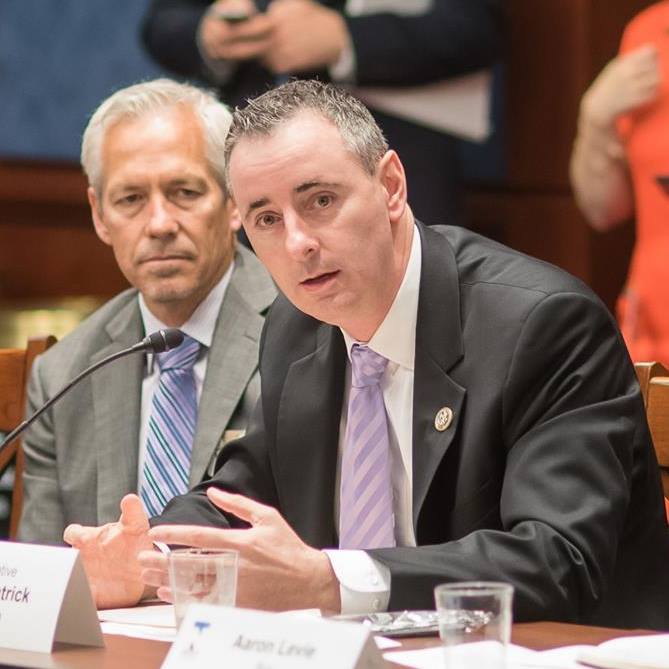Reps. Brian Fitzpatrick and Conor Lamb introduced the Never Again International Outbreak Prevention Act. This legislation would provide accountability with respect to international reporting and monitoring of outbreaks of novel viruses and diseases, sanction bad actors, and review the actions of the World Health Organization.
The Never Again International Outbreak Prevention Act would require that foreign nations put into place systems for reporting outbreaks of novel diseases so that the U.S. can get ahead of future pandemics. This bill would require the establishment of the international “sentinel surveillance” systems to collect data, identify trends, identify outbreaks, and provide monitoring on disease. Countries would be required to report all new cases within three days. This legislation would also give the federal government the tools necessary to encourage foreign nations to comply with these goals and to punish bad actors.
The legislation also allows for the stripping of sovereign immunity of countries that have intentionally misled the international community on the outbreak of a health concern that leads to a pandemic. U.S. citizens would be able to bring lawsuits against foreign nations in U.S. courts for damages.
“As we have seen from COVID-19, the Chinese Communist Party has been intentionally and maliciously misleading the rest of the world about the scope and spread of the novel coronavirus. We must hold other nations accountable for their actions that threaten and harm the livelihoods of Americans and people across the world,” Fitzpatrick said. “We must also hold organizations such as the WHO accountable for their inactions with regards to the spread of COVID-19. The response to the tragedy of the COVID-19 pandemic must be global. We must work to close the gaps in our global alert system, and work with our allies to make sure this never happens again.”
The Never Again International Outbreak Prevention Act would require a formal investigation of the WHO’s response to COVID-19. The bill would require the president of the United States to seek to work with the leaders of the G-20 nations to create a report on the international response to COVID-19, and conduct an audit of the WHO response to COVID-19. The United States Ambassador to the United Nations would also request that the U.N. Office of Internal Oversight Services establish a panel with representatives from the G-20 nations to conduct a review of the WHO response to COVID-19, make recommendations on actions that can be taken to ensure improved future response, and ensure accountability of WHO officials for identified failures.
The legislation would create an international wet market ban. A wet market is a market where animals are sold, dead or alive, for human consumption where the origins of such animals and their health cannot be certified and the conditions, in which such animals are raised, kept or sold, are unhygienic. The bill would require the U.S. Ambassador to the U.N. work to implement a resolution that bans this practice.


